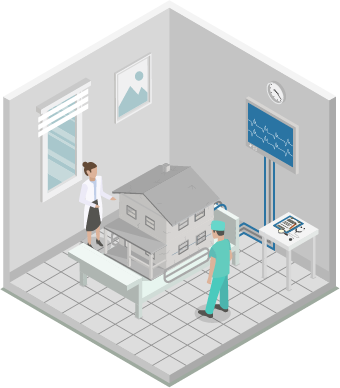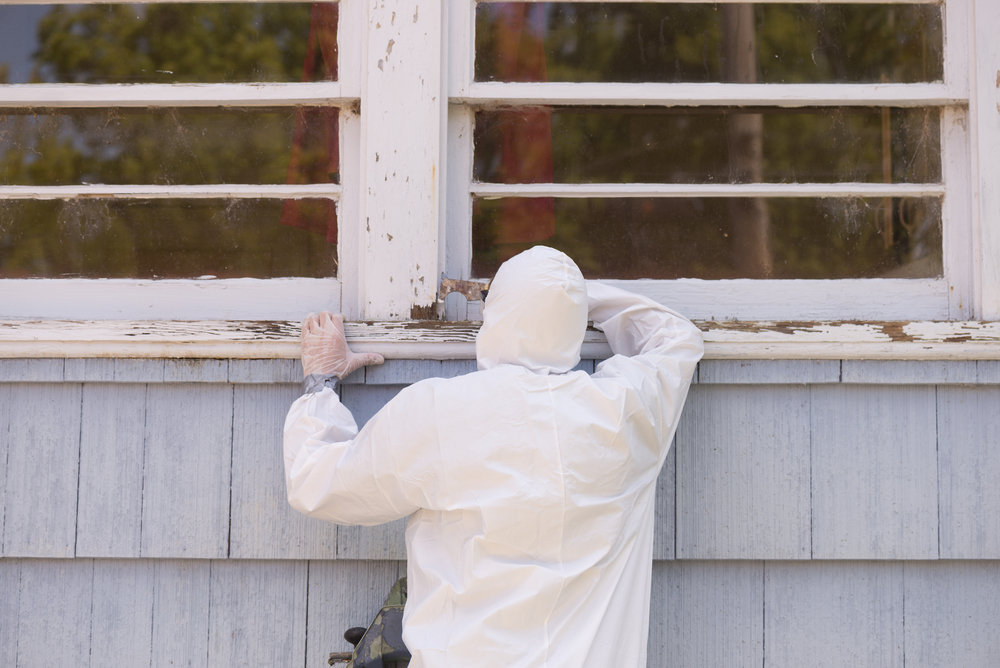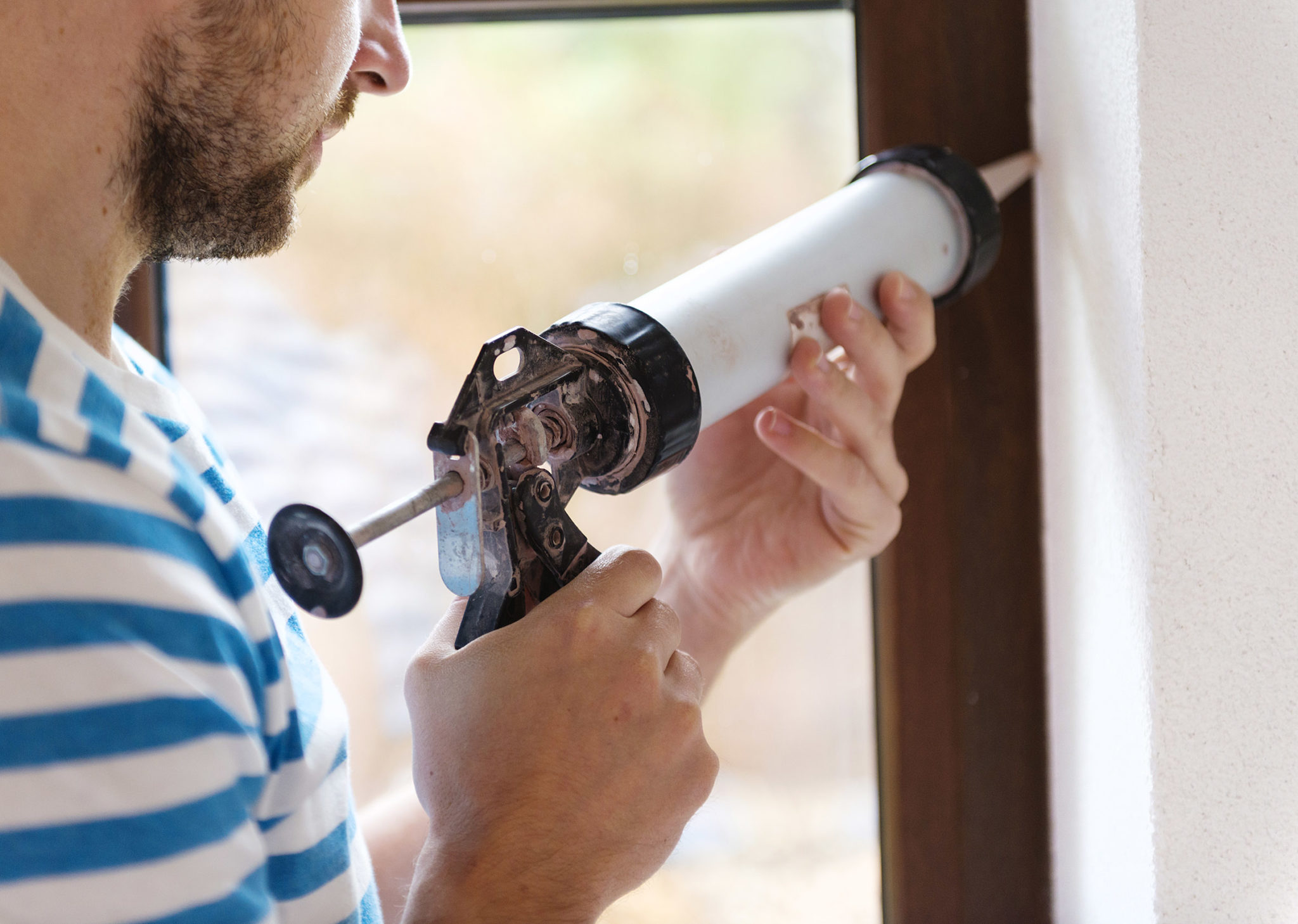The most important place to have a healthy environment is in the bedroom. Why? Because it’s where you spend a third of your life and it is where your body does some of its most important “work.” While you are at rest, muscles repair, memories form, and hormones which regulate mood, appetite, and even libido are released. If you aren’t getting “good” sleep, your body isn’t getting the chance to do what it needs to do to keep you happy and healthy.
Poor Air Quality Means Poor Sleep
A growing body of scientific research is connecting poor air quality and poor sleep and then with health impacts like fatigue, lack of alertness, decreased cognition. By contrast, some studies have shown that subjects that slept in well-ventilated rooms felt better the next day, and more able to concentrate. Their performance on tests of logical thinking showed improvement.
What Makes “Good” Air?
Good air has a few key components:
It is fresh. Carbon dioxide builds up in closed spaces creating a stale, stuffy feeling. In addition to not making for a comfortable sleeping environment, it’s not very healthy. Open the window a few inches to introduce some free fresh air into the bedroom. You can also keep the bedroom door open and add a fan to improve air flow.
It is free from excess chemicals. If your body is under assault because you have chemicals in the bedroom, your sleep can be degraded. During the night your brain goes through wave cycles, which flush the chemicals you’re exposed to in the day. Your immune system wants to reset itself, but it can’t do this if your sleep is impaired. Prevented from doing so long-term may lead to inflammation. Keep chemicals, like those in scented candles, air fresheners, and perfumes out of the bedroom. Swapping out scented laundry detergents for unscented products can help with healthy sleep too.
It is free from excess allergens. Especially if you have allergies or asthma, excess dust, mold, pollen, dander, dust mites, and other allergens in your sleeping environment can impact nighttime breathing and ultimately sleep quality. Wash linens in hot water, vacuum with a HEPA filtered vac, and dust weekly with a microfiber cloth. Don’t forget to vacuum under the bed and behind furniture where dust accumulates and clean curtains, blinds, and fans regularly.
Improving the air in your bedroom doesn’t have to be rocket science. You’ll be surprised at how good you feel when you wake up! For more tips on improving the air quality in your home for better sleep, stay tuned for the second part of healthy sleep series or download our infographic – Healthy Room, Healthy Sleep.
Hayward Score can help you discover what may be going on in your home in minutes! Simply answer a quick set of questions about your home developed by our healthy home experts, then get a personalized list of action items designed to help you address issues in your home. Start transforming your home today! Get your Hayward Score now.
Hayward Score helps you discover how your home may be impacting your health in minutes – – for FREE!
Answer a quick set of questions then get a personalized list of action items. Transform your home and health today!

ARE YOU CONCERNED YOUR HOME IS MAKING YOU SICK?
Our guide on indoor quality will help you diagnose possible issues and implement intelligent solutions to improve the quality of the air inside your home.















